Advertisement
Plato: The Man Behind Modern Philosophy
Advertisement
Plato, an ancient Athenian philosopher, is one of the most significant figures in Western philosophy. His work laid the foundation for various ideas that continue to influence modern thought, spirituality, and education. As the founder of the Academy, the first higher learning institution in the Western world, Plato’s legacy extends to present-day universities. He believed in the harmony of the soul's three parts—reason, spirit, and appetite—emphasizing that balance among these elements is essential for a fulfilling life.
Birth and Family Background
Born around December 27, 1571, in Athens during the aftermath of the Peloponnesian War, Plato came from a wealthy family. He had two brothers and a sister. His father, Ariston, passed away during Plato’s early years, leading his mother, Perictione, to remarry her uncle Pyrilampes, who fathered another child. According to legend, bees swarmed around Plato's mouth when he was a baby, symbolizing the sweetness of his future words and wisdom.
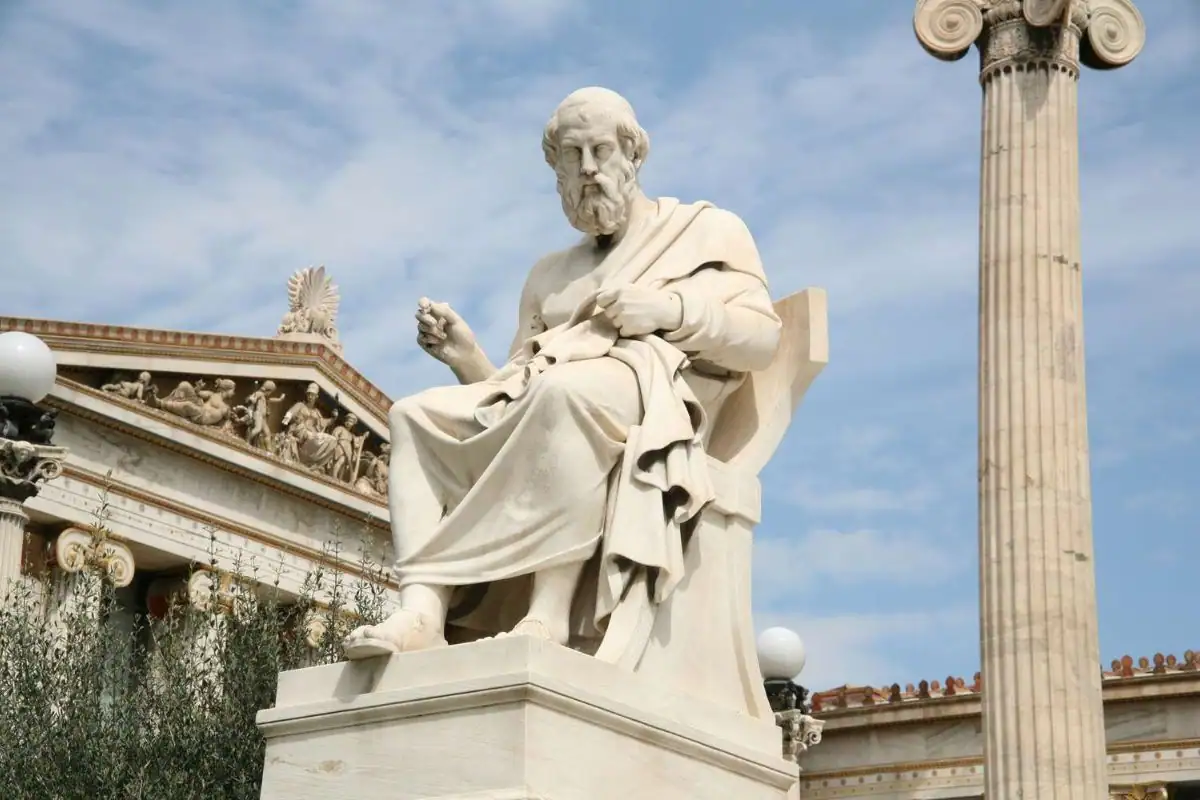
Advertisement
Plato's Education
Plato received an excellent education, thanks to Ariston’s dedication. His teachers included Cratylus, an Athenian philosopher who followed Heraclitus. Plato studied various subjects like poetry, music, gymnastics, and philosophy. His nephew, Speusippus, described him as a quick learner, hardworking, and deeply committed to his studies. During his youth, Plato became a disciple of Socrates, the renowned philosopher whose teachings had a lasting impact on Plato’s work.
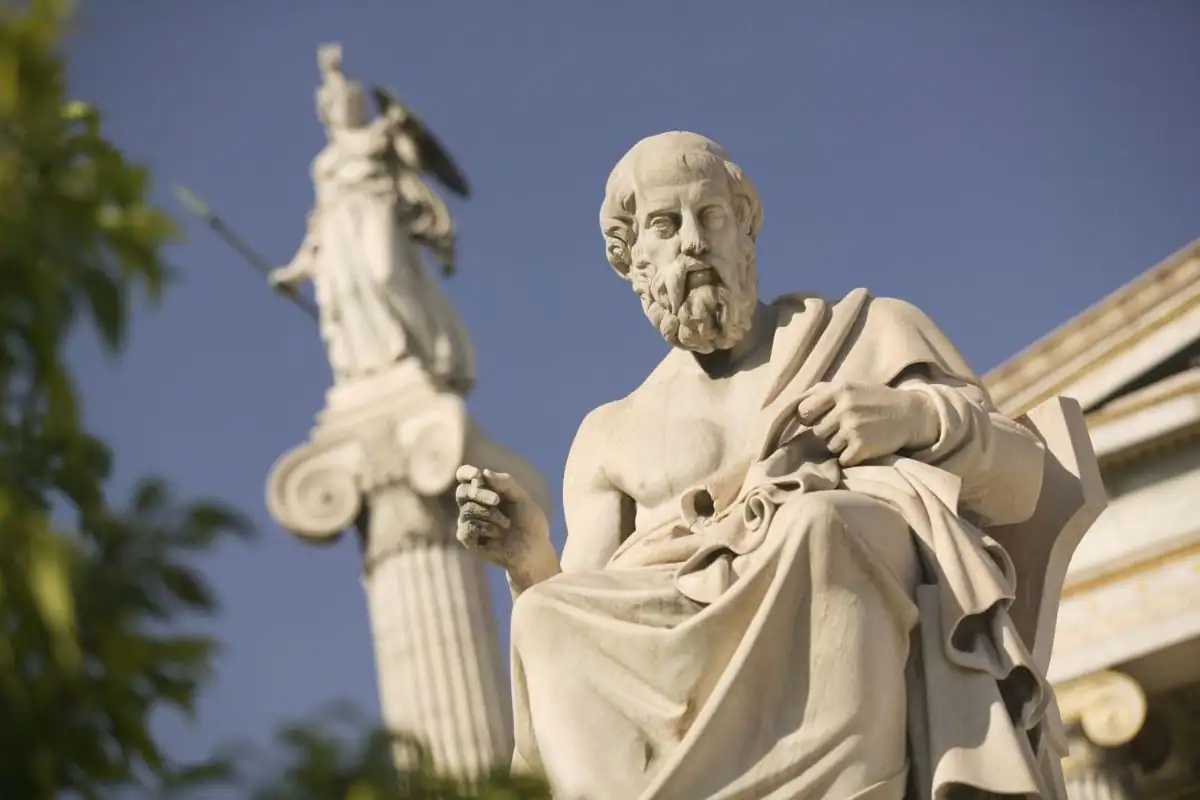
Advertisement
Influences on Plato's Thought
Plato’s ideas were shaped by several influential figures. Pythagoras, who believed that numerical principles formed the basis of everything, left a mark on Plato’s theories. Heraclitus, who taught that everything is in constant change, also influenced him, especially through Cratylus. Most notably, Socrates, with his method of dialectic questioning, greatly impacted Plato’s philosophical outlook. Plato’s writings remain one of the primary sources of Socratic dialogues.
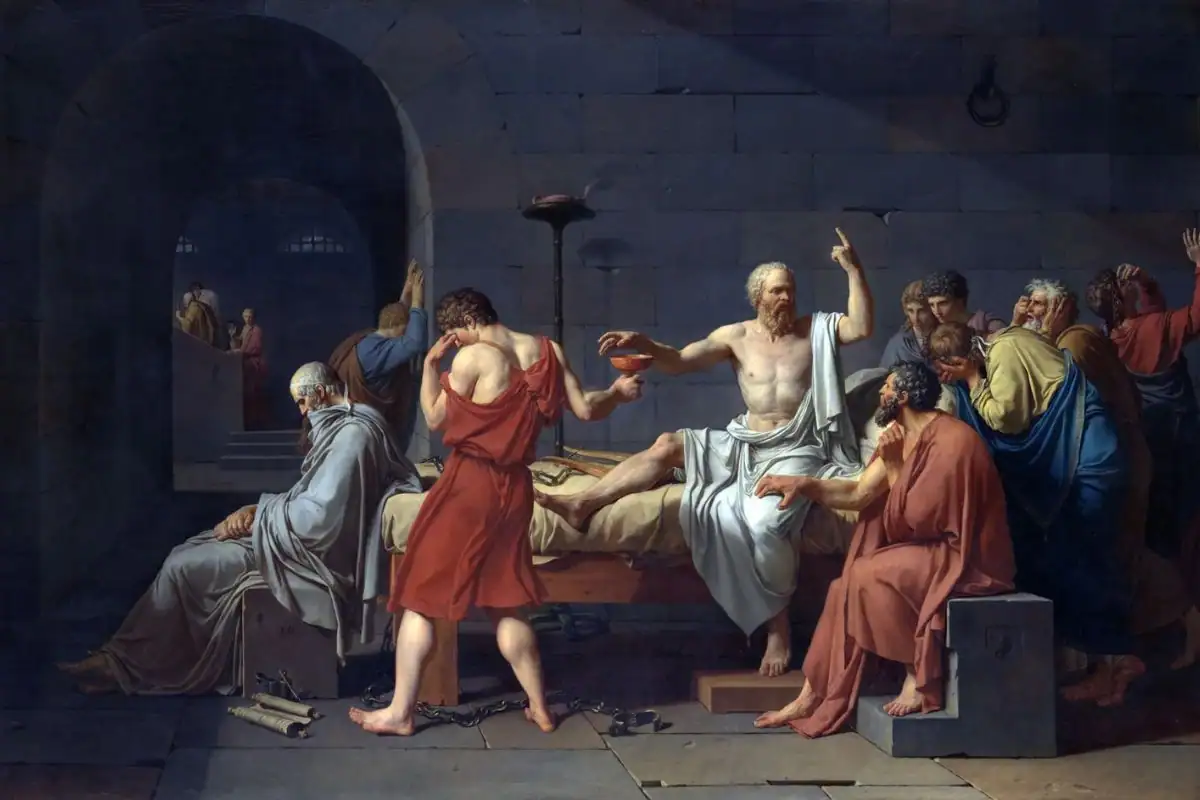
Advertisement
The Theory of Forms
Plato’s theory of forms posits that reality consists of two main realms: the world of sense objects and the world of forms. Sense objects are what we see and interact with, while forms are the perfect, unchanging ideals behind them. For instance, a beautiful flower only embodies beauty because it reflects the form of beauty. The world of forms is timeless and exists beyond our physical reality. Plato never fully defined how these forms interact, leaving readers to interpret his dialogues.
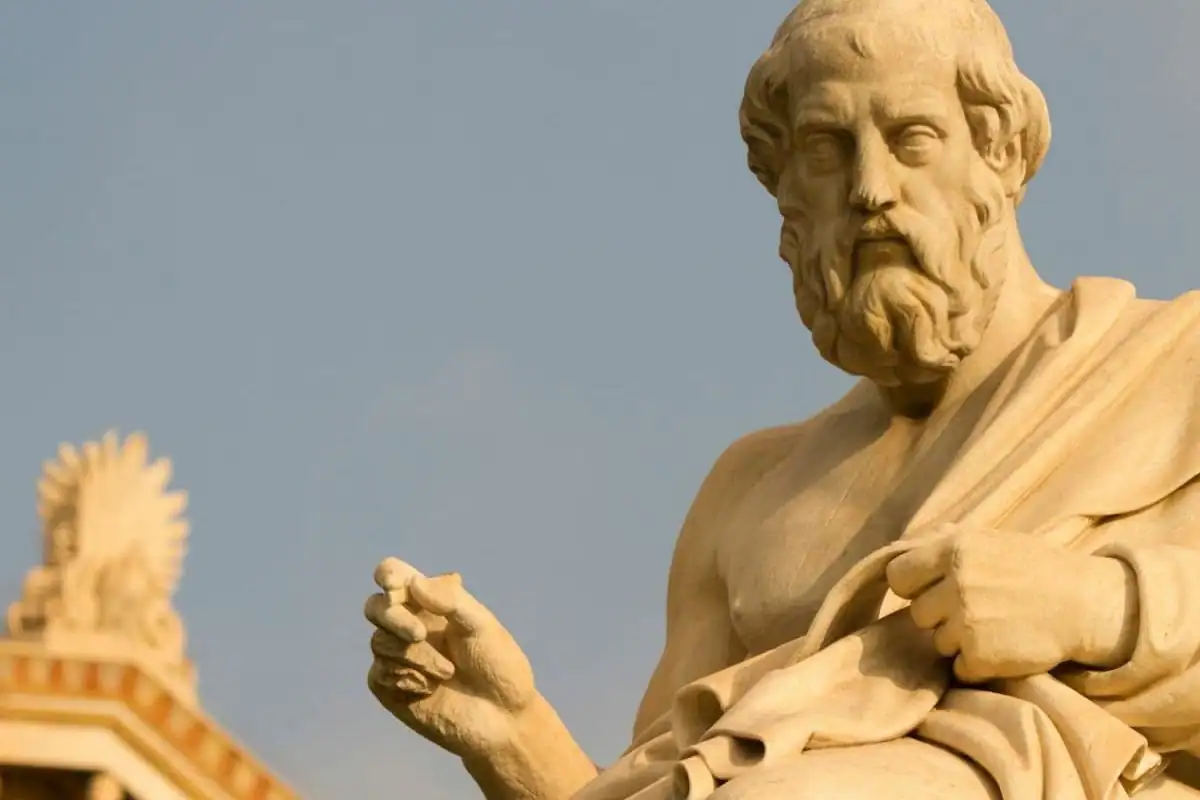
Advertisement
The Tripartite Soul
Plato believed the soul comprises three parts: reason, spirit, and appetite. Each part represents different aspects of human nature. Reason, associated with the head, seeks truth and philosophical understanding. Spirit, linked to the heart, drives people to fight for justice and face challenges. Appetite represents desires and urges, often clashing with reason and spirit. Plato likened the appetite to "the ugly black horse on the left," symbolizing its unruly nature.
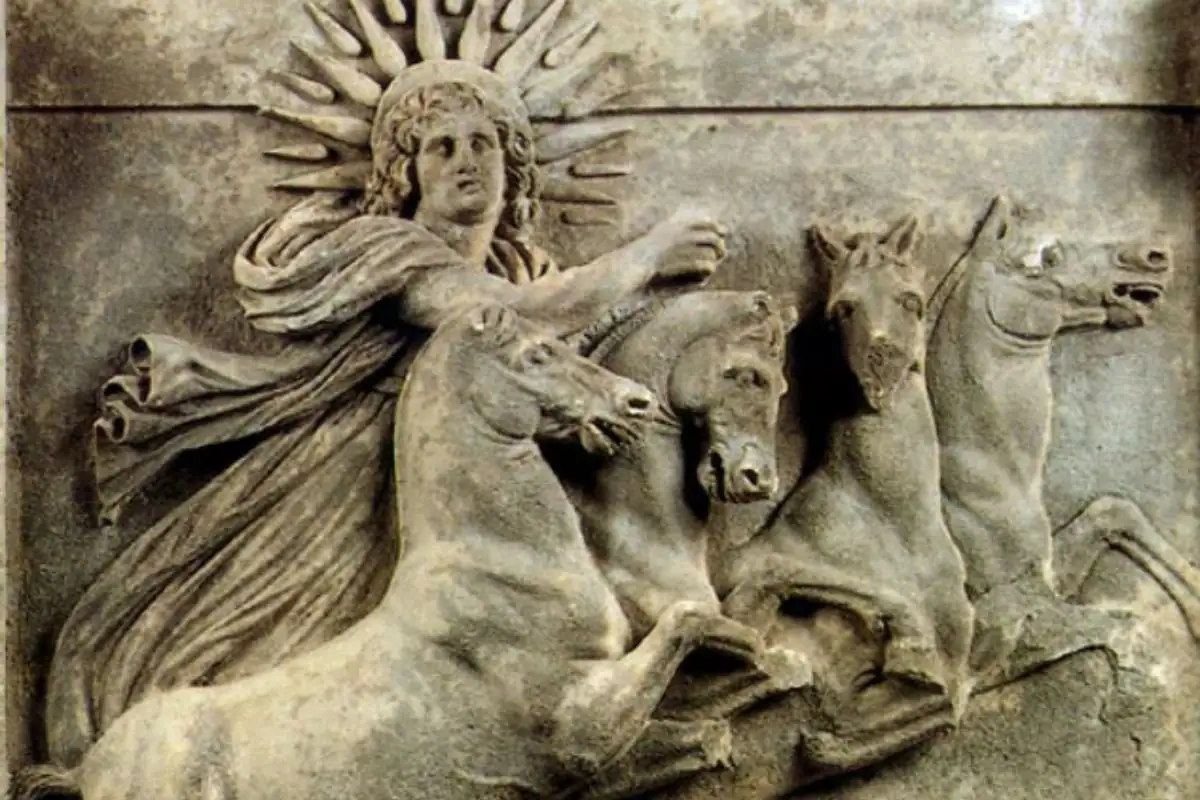
Advertisement
The Allegory of the Cave
One of Plato’s most famous concepts is the allegory of the cave from The Republic. It describes prisoners chained in a cave, watching shadows projected on the wall. The shadows are cast by objects behind them, illuminated by a fire. The prisoners mistake these shadows for reality because they know nothing else. Plato compared philosophers to those who break free from the cave and see the true world beyond. If the prisoners were freed, they would find the real world overwhelming and incomprehensible at first. The allegory illustrates how humans often mistake their limited perceptions for reality.

Advertisement
Plato’s Approach to Ethi cs
Plato’s views on ethics align with the thinking of other philosophers of his time. He believed that happiness and well-being are the highest goals of moral conduct. Virtue, in his view, is the ability of each part of the soul to function at its best without interfering with others. Using the analogy of a city, Plato explained justice as each citizen performing their role for the greater good. Similarly, a balanced soul leads to a harmonious and virtuous life.

Advertisement
Founding the Academy
Around 385 BCE, Plato established the Academy, which resembled today’s universities. It offered a diverse curriculum that included subjects like philosophy, mathematics, biology, and politics. Plato’s aim was to train students to become well-rounded leaders capable of bettering society. The Academy remained influential until Emperor Justinian I closed it, viewing it as a threat to Christianity.

Advertisement
Criticism and Legacy
Plato’s ideas have faced both ancient and modern criticism. Nietzsche famously criticized Plato’s "idea of the good" and equated it with Christian morality, calling it "Platonism for the masses." Karl Popper argued that the political model Plato proposed in The Republicwas totalitarian. Even Aristotle, Plato’s own student, disagreed with his theory of forms, suggesting that the essence of an object is inherent within it and not separate.
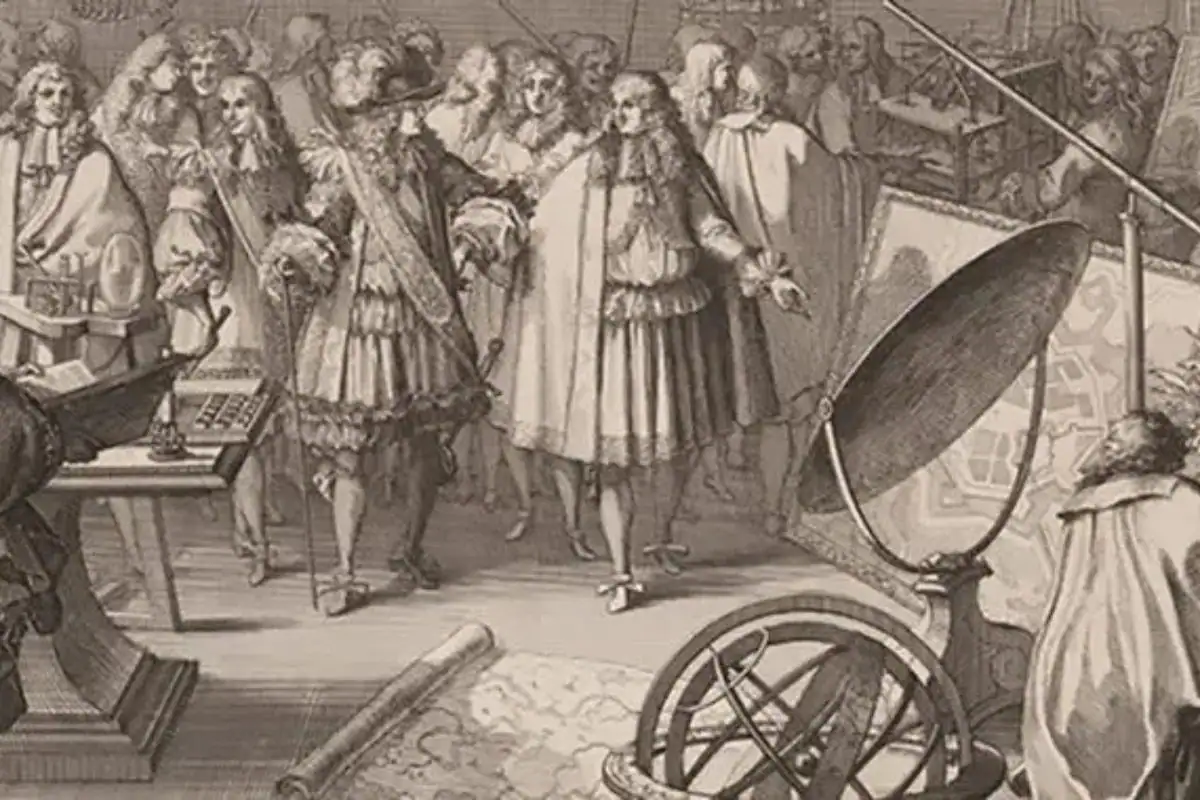
Advertisement
Later Years and Death
In his later years, Plato ventured into the politics of Syracuse, where he encountered danger under the rule of Dionysius. He narrowly escaped execution and even endured a period as a slave. After Dionysius’ death, Plato returned to Syracuse to educate the ruler’s successor, Dionysius II. Plato passed away at the age of 81 on his birthday, leaving behind about 30 dialogues that continue to be studied. His contributions to philosophy, ethics, and education cement his status as one of history’s greatest thinkers.
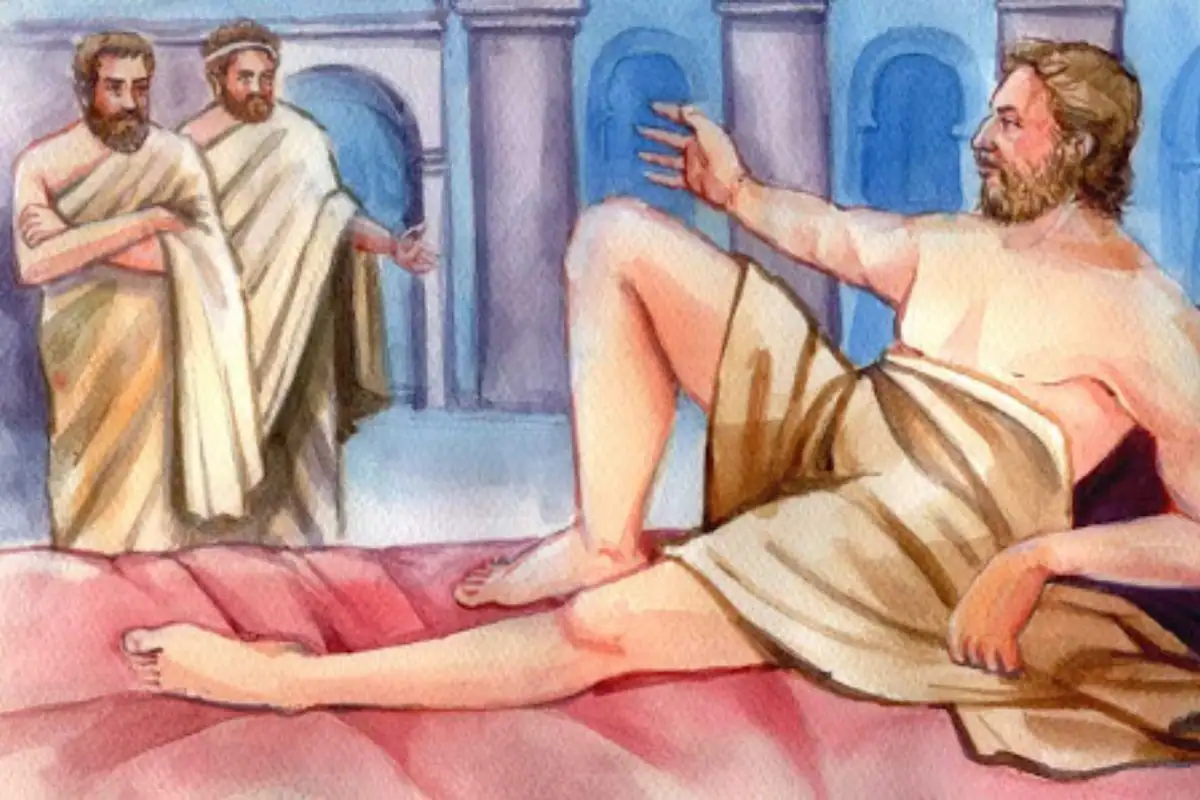
.png)




